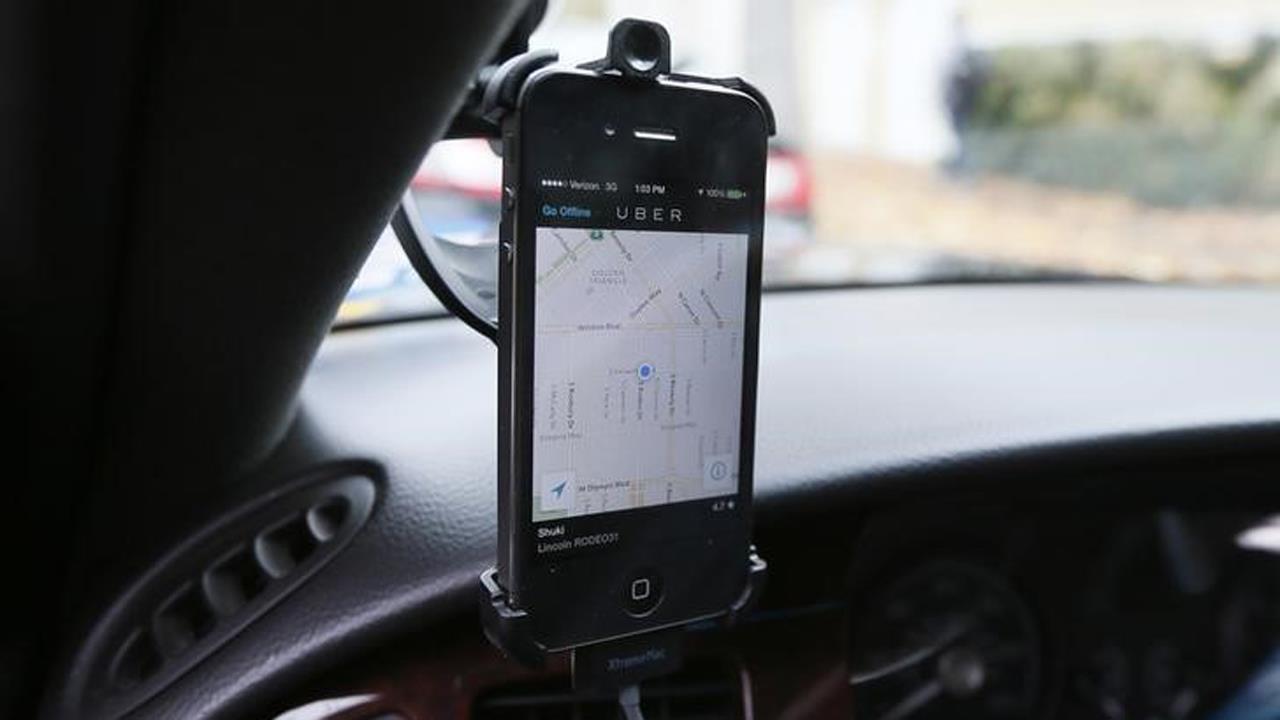Uber lawyer says board, ex-CEO knew of evidence withheld from Waymo case
Uber Technologies Inc’s former chief executive and some board members knew of a letter alleging employees had stolen trade secrets, but the document was withheld from a high-stakes lawsuit, a company attorney testified on Wednesday.
The admission that the letter was not produced in the lawsuit drew a sharp retort from U.S. District Judge William Alsup, who is overseeing the case and has asked U.S. prosecutors to investigate it, raising the possibility of criminal charges.
“On the surface it looks like you covered this up,” Alsup told Uber in court, later adding he had never seen a case like this. “It seems like there are so many bad things that Uber has done in this case. Usually it’s more divided.”
Alphabet Inc’s (NASDAQ:GOOGL) Waymo has accused the ride services company of stealing confidential information about its self-driving car designs, the highest-stakes challenge on a list of litigation and investigations inherited by Dara Khosrowshahi when he joined Uber as CEO in August.
The case has hobbled Uber’s self-driving car program and Alphabet is seeking hefty claims. Uber has denied that it used Waymo trade secrets in its autonomous vehicle program.
The company recently signed off on a multibillion-dollar investment from Japan’s SoftBank Group Corp that, if successful, would demonstrate confidence in Uber’s long-term prospects.
SoftBank launched a tender for Uber shares this week and the Japanese company has said some notable early investors planned to sell.
The letter from former Uber security analyst Richard Jacobs alleges Uber trained employees to steal trade secrets and hide their activities by using communications programs with disappearing messages and a separate computer system.
At the hearing in San Francisco federal court, Uber in-house attorney Angela Padilla testified she did not disclose the letter to Uber attorneys and an outside law firm that were defending Uber in the Waymo lawsuit.
“There was no effort to cover this up,” Padilla said, adding that she takes “full responsibility” for not circulating the letter more widely.
She said the allegations in the letter had seemed “quite fantastical” to her.
Jacbos testified in court this week that his lawyer sent a 37-page letter to Padilla describing a group within Uber called marketplace analytics aimed at acquiring trade secrets, code base and competitive intelligence.
Jacobs’ attorney also sent a letter with the allegations to the U.S. Department of Justice.
In his testimony, Jacobs described an intelligence operation inside Uber to research competitors and gather data about them, and use technology to avoid a paper trail.
Alsup has agreed to Waymo’s request to delay a trial, which had been scheduled for next week, to give the Alphabet unit more time to investigate the allegations. The trial is now scheduled to begin in early February.
In court on Wednesday, Padilla said Uber viewed the Jacobs letter as a tactic by a disgruntled former employee to secure money from the company.
“We felt that Jacobs was trying to extort the company,” she said.
Uber eventually settled the matter by paying Jacobs $4.5 million, including a year-long consulting contract, and a further $3 million to his lawyer.
“That is a lot of money,” Alsup said. “And people don’t pay that kind of money for BS. And you certainly don’t hire them as consultants if you think everything they’ve got to contribute is BS.”
Padilla said the company had weighed the distraction of a drawn-out battle with Jacobs, as well as security concerns for employees named in the letter. An Uber manager, Mat Henley, who also testified on Wednesday said that he had fired Jacobs for poor performance.
Much of the testimony surrounded Uber employees’ use of communications applications that did not store messages, including Wickr and Telegram.
Uber CEO Khosrowshahi weighed in by tweeting on Wednesday that he had changed the communications policy in September to forbid use of such applications to discuss Uber.
Henley said that the group that Jacobs alleged stole trade secrets is now focused on counterintelligence to protect Uber from rivals.




















